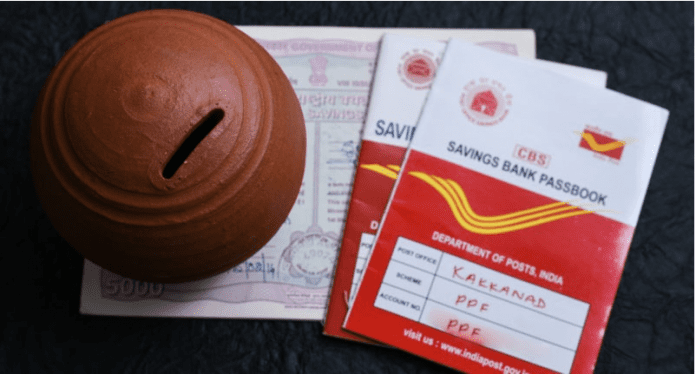Bank FD Vs NSC interest rate: Generally people prefer bank FD for safe investment, but there is a post office scheme which gives good returns in every way.
Bank FD Vs NSC interest rate: Generally people prefer bank FD for safe investment, but there is a post office scheme, which is better than bank FD in every way. The security and guarantee of returns is similar to that of a bank fixed deposit, but, the interest rate is much higher than that of a bank FD. This scheme of post office is National Saving Certificate.
The benefit of higher returns is available in NSC
The government gives 6.8 percent interest on NSC for 5 years. At the same time, in most banks, the interest rate on FD of 5 years is 5.80% at present. In this way, NSC is getting 1% more interest than bank FD.
Money will double in 9 years
National Saving Certificate is a small saving scheme of the Government of India and the interest rate on it is fixed by the government. A minimum investment of Rs 1000 can be made in NSC. After investing this amount, you will get Rs 1389 on maturity after 5 years. With an annual interest of 6.8%, your money will double in 10.58 years i.e. about 126 months. There is no maximum investment limit in the scheme. However, the benefit of tax exemption will be available only on investment up to a maximum of Rs 1.50 lakh.
You can also buy NSC with cash or check
NSC can be bought at any post office in the country. Under this scheme, certificates of 1000 rupees, 5000 rupees, 10,000 rupees or more are available. There is no limit to invest in it. NSC can be purchased through cash or cheque. The account is opened by making payment by check only when the check is cleared from the bank.
There is also NSC for children
Loan can also be taken easily on NSC. Can also be taken in joint name and parents can also buy it in the name of their child below 18 years of age.


